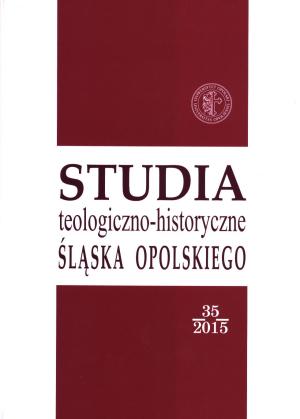Drogi absurdu
The ways of absurdity
In Albert Camus 100th birthday
Author(s): Marcin OlszewskiSubject(s): Philosophy, Existentialism
Published by: Uniwersytet Opolski
Keywords: absurd; Albert Camus; absurd man; existentialism; ethics
Summary/Abstract: The category of the absurd is one of main themes around which the whole philosophical and literary work of Albert Camus is focused upon. Initially, the category of the absurd was an existential category which places man in the face of devastating tragedy of his own fate. The only salvation for man, according to Camus, is a conscious experience of the absurdity of his own existence. Furthermore, the awareness of the absurdity of the human condition implies a number of consequences which are: revolt, an absurd freedom, and ethics of quantity. However, the attitude of the conscious experience of absurdity was not enough for Camus. The answer to the question of how to live in a meaningless world was not discovered because, together with the consequences outstretched from the absurdity of human existence, came the question of moral justification of murder. Along with the increasing appreciation for social values such as human solidarity and responsibility and the development of the concept of revolt, the category of the absurd took on new meaning. In the second phase of Albert Camus’ work the absurdity becomes a foundation of a community based on fraternity and love, and a space for dialogue between people. We will see that clearly by comparing the early works of Camus, such as The Myth of Sisyphus, The Stranger, Caligula and The Misunderstanding with his late works such as The Plague and The Rebel. This article aims to capture the change in the meaning of the category of the absurd in the work of the French philosopher and moralist. The life of Camus had a huge impact on his philosophical thought, thus a brief introduction to the life of our thinker allows us to explore the origins of his philosophical concepts. After that, we follow Camus to uncover the evidence of a change in approach to the absurdity of human existence.
Journal: Studia Teologiczno-Historyczne Śląska Opolskiego
- Issue Year: 35/2015
- Issue No: _
- Page Range: 47-63
- Page Count: 17
- Language: Polish

